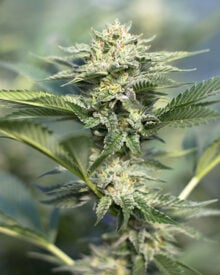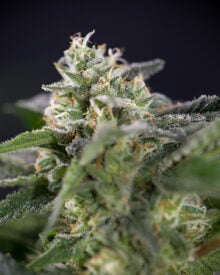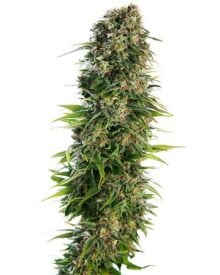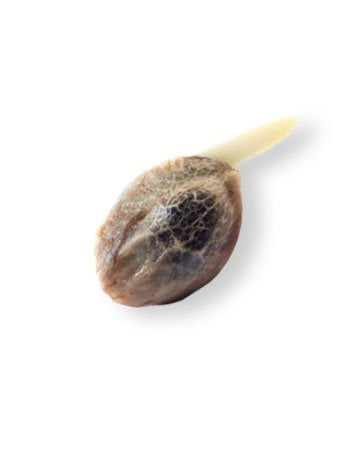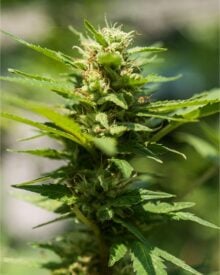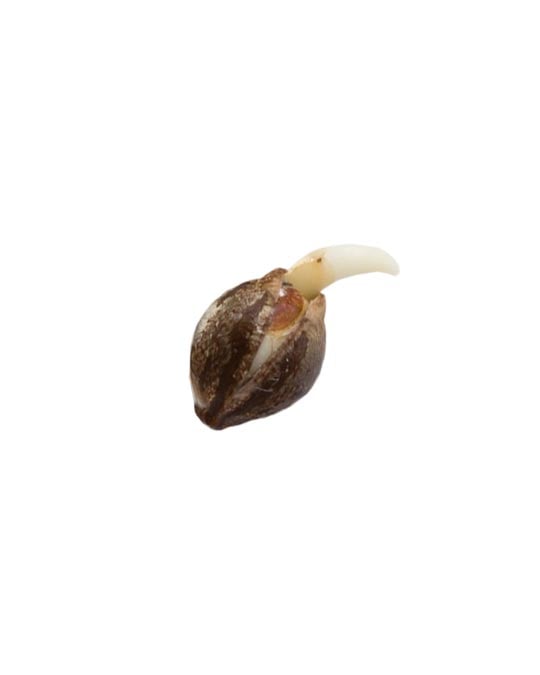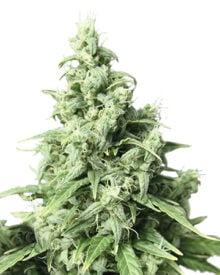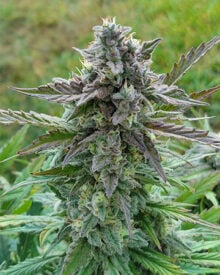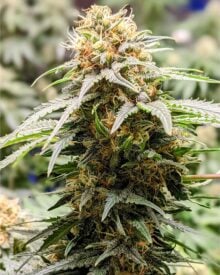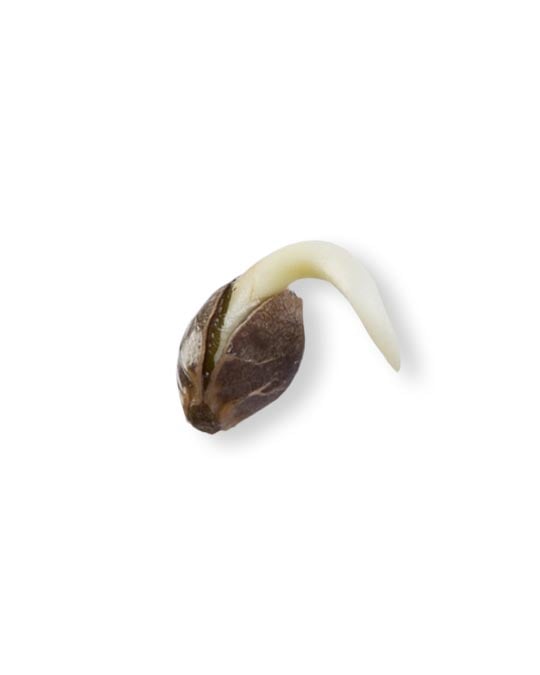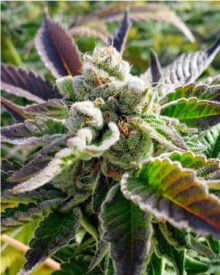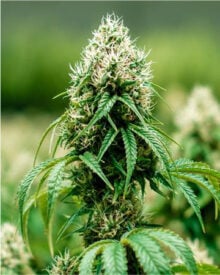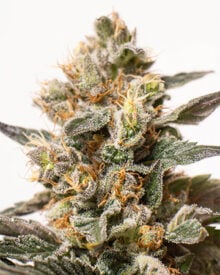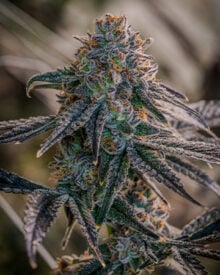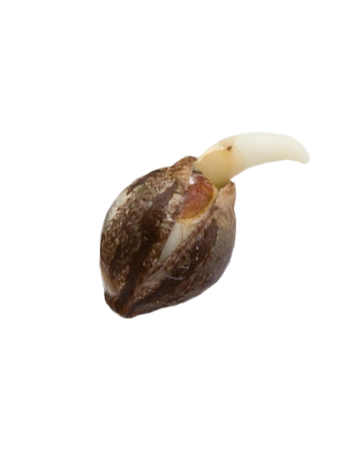Rhode Island’s cannabis market is still in its early stages. While legalization has opened doors for growers, the industry remains small compared to neighboring states. Those stepping into cultivation have a chance to establish themselves before the market becomes competitive. With laws allowing both recreational and medical home growing, residents can take advantage of this opportunity. At Growers Choice Seeds we provide premium genetics suited for Rhode Island’s climate. Those looking to buy cannabis seeds in Rhode Island can find reliable strains that thrive both indoors and outdoors.

Source: Michael Denning unsplash
Legal Framework for Cannabis Cultivation
Growing cannabis seeds in Rhode Island comes with specific regulations that vary for recreational users, medical patients, and commercial growers. Knowing the laws helps avoid legal trouble and keeps cultivation operations running smoothly.
Recreational users can grow up to six plants at home, with no more than three in the flowering stage at any time. Each household is limited to twelve plants total, regardless of how many adults live there. Medical patients have the same limits but can also designate a caregiver to grow on their behalf. Plants must be grown in a private, secure space that is not visible to the public.
Local zoning laws add another layer of regulation. Some cities and towns place restrictions on where cannabis can be grown. Checking with local officials before setting up a grow space can prevent conflicts with authorities.
Choosing the Best Cannabis seeds in Rhode Island’s Climate
Growing cannabis in Rhode Island presents a mix of challenges and opportunities. Summers bring warm temperatures, but humidity levels shift throughout the season. Fall introduces cooler nights, shortening the window for outdoor cultivation. Picking strains that thrive in these conditions can make a big difference in both yield and quality.
Some strains handle humidity better than others. Mold resistance is a key factor for outdoor growers, especially during late summer when moisture levels rise. Sativa-dominant hybrids like Super Silver Haze or Amnesia tend to stretch taller, allowing better airflow between branches. This helps reduce the risk of powdery mildew. Indica-leaning strains, such as Northern Lights, offer dense, resinous buds that hold up well in controlled indoor settings. Fast-flowering strains give outdoor growers an advantage against Rhode Island’s unpredictable autumn weather. Plants that finish early can be harvested before heavy rains or temperature drops impact bud development. Indica’s like Blueberry and Hindu Kush complete their cycles in eight weeks or less, keeping them safe from early frost. Autoflowering varieties also work well, finishing in as little as ten weeks from seed to harvest.
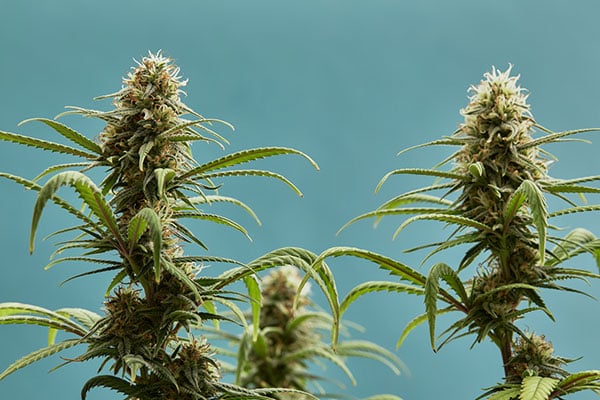
Outdoor Growing Strategies for Rhode Island
Rhode Island’s outdoor growing season brings both opportunities and challenges. Warm summers support healthy plant growth, but fluctuating humidity and unpredictable weather require careful planning. Selecting strains that finish before the first frost and preparing the soil in advance can improve results.
Adapting to Rhode Island’s Growing Season
Spring temperatures can be unpredictable, so starting seeds indoors or using a greenhouse helps young plants establish before transplanting. Most growers move plants outdoors in late May or early June once the risk of frost has passed. Shorter flowering strains are ideal since Rhode Island’s fall weather can bring rain and early cool snaps. Harvesting before heavy moisture arrives reduces the risk of mold and bud rot.
Soil Preparation and Organic Amendments for Healthier Plants
Healthy soil provides the foundation for strong growth. Native soil often needs improvement, especially if it is sandy or heavy with clay. Mixing in organic matter like compost, aged manure, and worm castings boosts microbial life and improves drainage.
Slow-release nutrients help plants develop throughout the season. Bone meal provides phosphorus for root growth, while kelp meal adds potassium and trace minerals. Bat guano delivers nitrogen early on, supporting leafy development. Cover crops such as clover or alfalfa can be planted in off-seasons to enrich the soil with nitrogen naturally.
Managing Humidity and Preventing Mold in Outdoor Environments
Humidity levels rise throughout the summer, increasing the risk of mold and mildew. Proper plant spacing improves airflow, reducing moisture buildup on leaves and buds. Choosing a sunny, well-ventilated location helps plants dry out faster after rain or morning dew.
Pruning lower branches and excess foliage lowers humidity around the plant while making it easier for air to circulate. Growers also use organic sprays such as neem oil or potassium bicarbonate as preventive measures against mold and mildew. Regular inspections allow quick action if any issues arise.
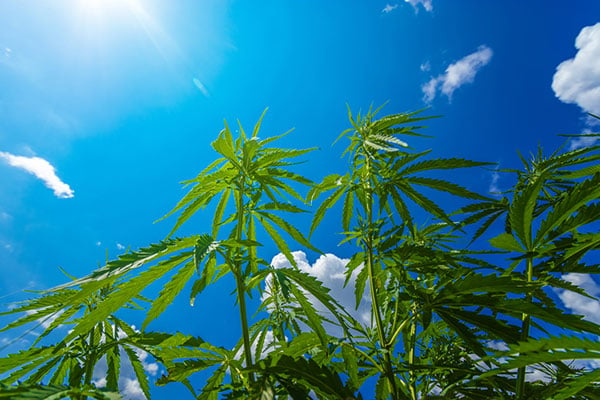
Indoor Cultivation
Growing indoors allows full control over the environment, making it easier to manage temperature, humidity, and lighting. Rhode Island’s climate presents challenges for outdoor cultivation, especially during colder months, but indoor setups provide stability throughout the year.
Benefits of Controlled Environments
Unpredictable weather can make outdoor cultivation difficult, especially during the fall when rain and cold temperatures arrive. Indoor and greenhouse setups eliminate these risks, allowing plants to thrive in stable conditions. Growers can fine-tune temperature, humidity, and airflow to promote healthy development.
Pests and diseases are less of a threat in a controlled environment. Sealed indoor spaces reduce exposure to insects, and provide protection against harsh weather. This setup also allows year-round cultivation, making it possible to harvest multiple times instead of relying on a single outdoor season.
Recommended Lighting and Ventilation Setups
Lighting plays a major role in indoor cultivation. LED grow lights are highly efficient, providing full-spectrum light while using less electricity than older high-intensity discharge (HID) lamps. Many growers prefer LEDs because they produce less heat, reducing the need for additional cooling.
Proper ventilation prevents heat buildup and keeps air circulating. Exhaust fans remove hot, stale air, while intake fans bring in fresh air to maintain oxygen levels. Carbon filters help control odors, especially in enclosed spaces. Oscillating fans improve airflow around the plants, reducing the risk of mold and mildew.
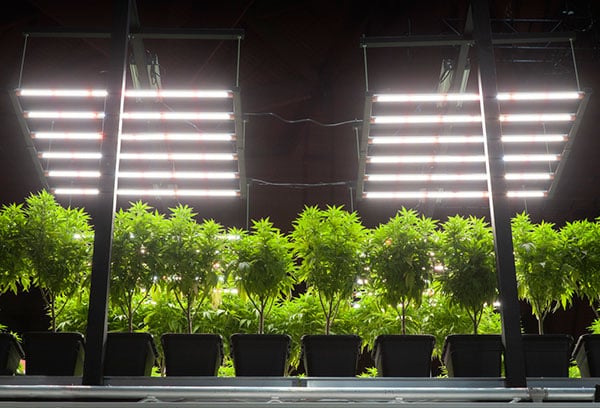
Hydroponic vs. Soil-Based Growing for Indoor Growers
Both hydroponic and soil-based methods have their advantages. Soil provides a natural growing medium that retains nutrients well, making it a forgiving option for beginners. Organic soil mixes enriched with compost and natural amendments create a thriving environment for root development.
Hydroponic systems offer faster growth and higher yields by delivering nutrients directly to the roots. These setups require more maintenance but allow precise control over feeding schedules. Popular hydroponic methods include deep water culture (DWC), nutrient film technique (NFT), and ebb and flow systems.
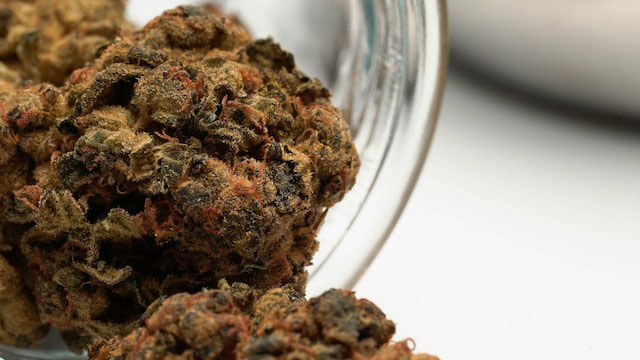
Source: 2H Media unsplash
You Just Need the Right Seeds!
Growing cannabis in Rhode Island comes with its challenges, but the right approach makes all the difference. Careful planning, proper nutrition, and environmental control helps growers achieve strong yields and potent results. At Growers Choice Seeds we take pride in offering premium genetics for every type of grower. When you’re ready to buy cannabis seeds in Rhode Island, trust us to deliver toptier options with guaranteed germination.
Most Popular Cannabis Strains
-
Cherry Diesel $45THC 24%balanced hybrideasy


-
Violator Kush Auto $52THC 21%indicaeasy


-
Skunk Auto $47THC 19%indicaeasy


-
Recently AddedSweet Tooth Feminized Seeds $45THC 18%indicabeginner


-
Obama Kush $47THC 21%indicaintermediate


-
Euforia Auto $51THC 18%sativaeasy


-
Cadillac Purple $50THC 27%balanced hybridintermediate


-
Recently AddedPermanent Marker $47THC 30%indicaintermediate


-
Charlie Sheen Auto $46THC 24%sativaintermediate


-
Orange Crush $49THC 20%sativaeasy


-
Gorilla Cookies Seeds Auto $46THC 18%sativaeasy


-
Birthday Cake $47THC 25%indicaintermediate




